Category Archives: Smart Search
26 Mar Bayes and Search Theory

What began as a study of belief has turned into a strategy for solving very complex problems. Thomas Bayes (/ˈbeɪz/; 1701–1761) proposed a model in which adding evidence of different types, or from different sources, to a problem will change the calculated probabilities for the outcomes of the “reasoning” process. We’ve forgotten what he looked like, […]
18 Jan Multi-Layered Perceptron

Multi-Layered Perceptron In prior posts we introduced the concept of the artificial neural network and the perceptron model as a simple implementation of a neural network. We showed the structure, including an input layer and an output layer. Let’s look at one of the typical approaches for processing input to derive the output. The net output of […]
30 Dec Context Models
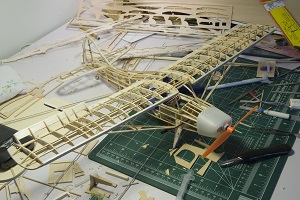
Building a Model The goals of the research that evolved into Understanding Context were twofold: to investigate human physiology/psychology for clues that would let us evaluate neuromorphic computational paradigms; and to explore the possibility of new computational models using context to correlate and associate concepts. Birds fly and they are lightweight. Building models of flight with lightweight materials works […]
01 Oct Methodology or Mythology
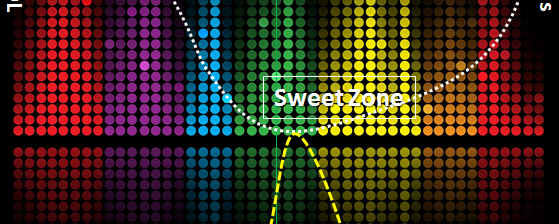
Call me a “nut”, but I have always been enthralled by science fiction. An image of Dave, a surprised and confused astronaut from 2001, a Space Odyssey, stays in my mind. In his eyes, I could see his brain working frantically to figure out how to master the situation, and giving way to hopelessness. The […]
22 Aug Unlocking the Power of Unruly Systems

Rules are the basis of all good decisions. Humans learn learn them through observation and nurture. Can systems do the same thing – can they learn through observation and nurture? I propose that they can. At it’s simplest, a rule takes the form of a premise (“IF clause”) and conclusion (“THEN clause”) and can be stated in natural […]
12 Nov Context Powers Backward Chaining Logic
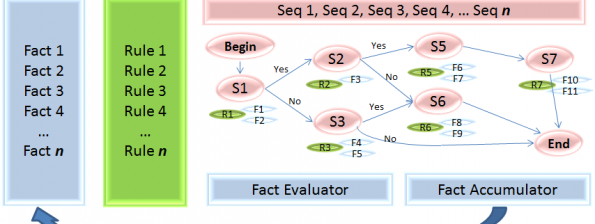
A popular success strategies book suggests that if we “Begin with the End in Mind” we are likely to get where we’re going more consistently. We wander less if we think about what we want at the end from the very first steps of our journeys. Context helps us do that. Human behaviorists and philosophers have […]
07 Sep Quest for the Knowledge Enterprise
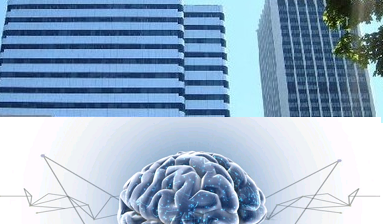
Do you need a Private Eye? As an Intelligence Professional, my mission was to seek out information that others were trying to conceal. Do you ever feel like that is too often your task when trying to find the answers to life’s persistent questions, or even something you need to buy? In an enterprise, those answers […]
28 Jul The Democratization of Knowledge

Joe Roushar – July 2012 Knowledge is Power Knowledge is concentrated in too few people (Boyle 1996). People in privileged countries and classes have all they want. Many others don’t know what they don’t know. A huge project called One Laptop Per Child is seeking to remedy this one child at a time. This is one […]
12 Jun To Choose or not to Choose

Leg-room, anyone? The CEO of a major Airline recently stated that a-la-carte pricing of flight upgrades (such as extra baggage, preferred seating and food) is better because Americans demand “choice“. I remember my knee-jerk reaction: “Yeah – and they are choosing discount airlines that don’t charge for what was once part of the bargain.” It […]
11 Jun Dawn of The Age of Knowledge
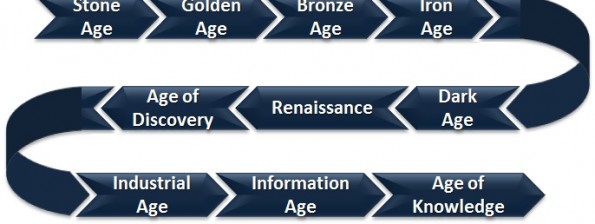
Sunset in The Information Age We stand in the waning days of the Information Age. Certainly the information already available to the searching mind through printed, recorded, and encoded electronic media spans the universe of fact and imagination. I have been told that we are now entering the Age of Context. This is exciting to […]




